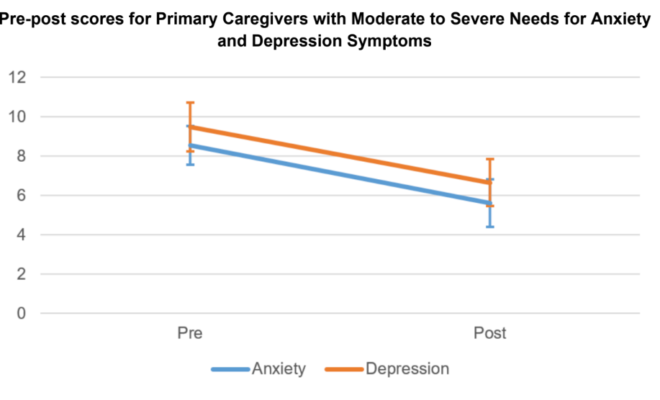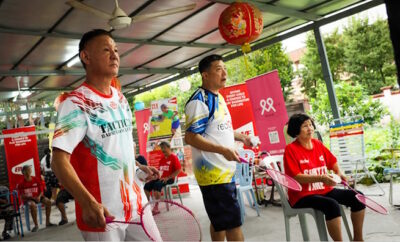
Health x Wellness
Study Reveals Mental Health Needs of Parents with Children with Developmental Needs
A recent study has revealed that 65 percent of parents with young children who have developmental needs require professional mental health and/or psychosocial support, with one in four suffering from moderate to severe mental health and/or psychosocial needs.
The study was conducted by DayOne, a mental health programme piloted at KK Women’s and Children’s Hospital (KKH) in Singapore.
The programme, which ran from May 2022 to April 2024, provided mental health screening and support to parents who brought their children to KKH for assessment and support for developmental needs.
The Impact of Developmental Needs on Parents
The study highlighted the significant impact that having a child with developmental needs can have on parents. Many parents, like 32-year-old Siti Nabilah, mother to three children, two of whom have Autism Spectrum Disorder, struggle with their own mental health as they come to terms with their child’s diagnosis.
However, with the support of DayOne, Siti was able to receive the mental health support she needed, including consistent check-ins, home visits, access to printed resources, as well as psychiatric support and medication. As a result, her mental well-being has improved significantly, and she now has a more positive outlook on life.
*For the full length video, please watch at this link.
The Importance of Supporting Parents
The study emphasised the importance of supporting parents, not just the children with developmental needs.
When a child is diagnosed, parents’ focus is on helping the child. But sometimes, what happens is that it takes place to the extent of neglecting their own well-being. To care for their child, parents must also care for themselves.
Associate Professor Lourdes Mary Daniel, Head and Senior Consultant, Department of Child Development, KKH, and Programme Director, DayOne
The DayOne programme included several innovative components designed to support parents, including a Parent-Child model, which shifted the focus of care from the individual child to the parent-child as a pair. This approach acknowledged the mutual influence of the child and parent’s well-being and emphasised the potential for the parent-child relationship to promote well-being in both parties.
The Role of Secondary Caregivers
The study also recognised the crucial role of secondary caregivers, reaching out to them in addition to primary caregivers. Of the 187 secondary caregivers who consented to be screened, most of whom were fathers, 19 percent had mild to severe mental health needs. Among them, 6.5 percent were found to have more severe mental health needs and were referred for professional mental health support.

This indicates the significance of engaging both fathers and mothers, which aligns with DayOne’s commitment to support both parents irrespective of gender.
This approach was informed by research findings highlighting the importance of a gender-differentiated approach to supporting parents in caring for children with developmental needs.
There is limited awareness of the experiences, challenges as well as mental and emotional health concerns of fathers of children with developmental needs. With adequate recognition and provision of necessary support, resources and connections, fathers can build their resilience and be enabled for self-care and care of their child.
Dr Pratibha Agarwal, Senior Consultant and Head of Clinical Services, Department of Child Development, KKH.
The DayOne programme is aligned with the life-course approach to address healthcare at critical life phases of both the parent and child. This is in keeping with the SingHealth Duke-NUS Maternal and Child Health Research Institute’s mission to support the growth and development of every woman and child to their fullest potential to optimise Singapore’s human capital.

Images taken from press release, and attributed to DayOne, Lien Foundation and KK Women’s and Children’s Hospital (KKH)









